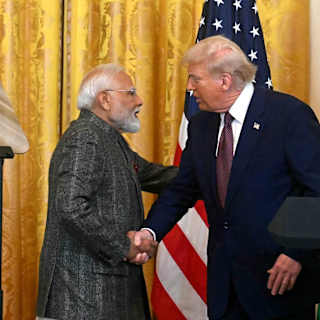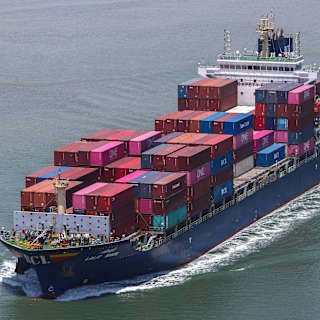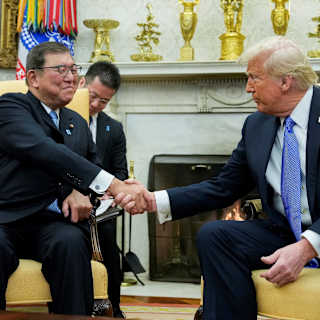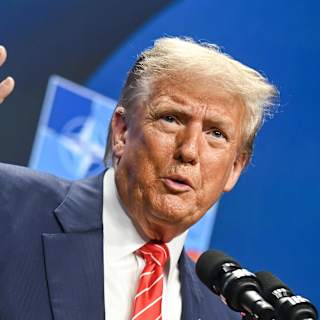- Trade Negotiations Intensify
- Economic Impact Mounting
- Limited Success in Negotiations
President Donald Trump said he does not plan to extend a 90-day pause on additional global tariffs beyond July 9, setting up a potential escalation in trade tensions as his administration prepares to notify dozens of countries that new trade penalties will take effect unless they reach agreements with the United States.
In a Fox News interview broadcast Sunday, Trump indicated letters will begin going out "pretty soon" to countries warning of impending tariffs. The administration had set an ambitious goal of reaching 90 trade deals in 90 days, but Trump acknowledged the challenges, saying "there are 200 countries, you can't talk to all of them".
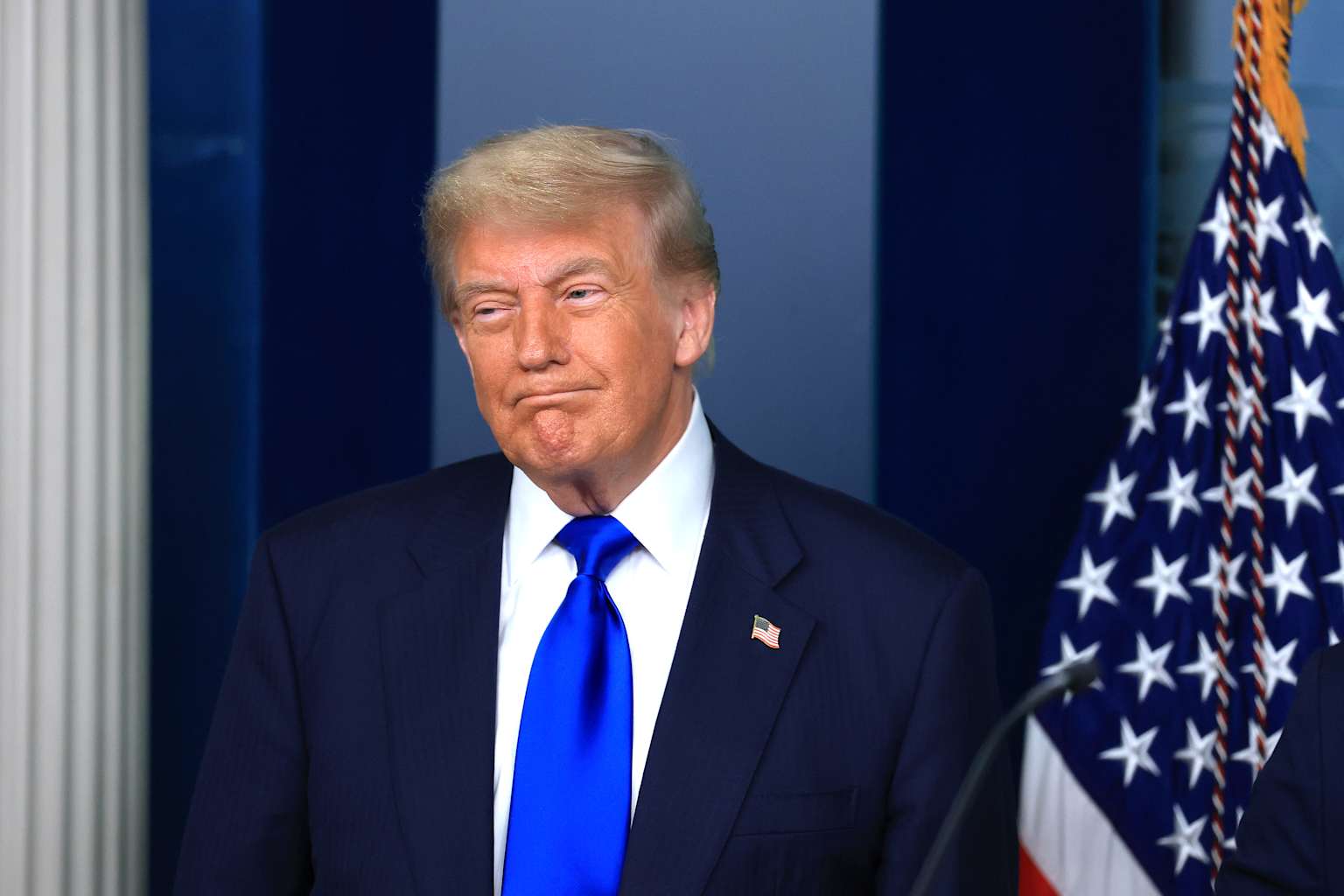
India's trade delegation extended its stay in Washington through the weekend in a final push to secure an exemption from the additional 26 percent reciprocal tariff announced in April1. The in-person negotiations, originally scheduled to end June 27, were extended by a day amid hopes for an interim agreement, according to Bloomberg1.
India is seeking full exemption from the additional tariffs while resisting key U.S. demands, including opening its agricultural market to genetically modified crops. New Delhi has rejected this request, citing risks to farmers1.
"I don't think I'll need to" extend the pause, Trump told Fox News. "I could, no big deal"1. He said the letters to countries would state: "Congratulations, we're allowing you to shop in the United States of America, you're going to pay a 25 percent tariff, or a 35 percent or a 50 percent or 10 percent"2.
The tariff regime, launched on what Trump called "Liberation Day" in April, has raised the average U.S. tariff rate to 27 percent, the highest level in over a century1. The Budget Lab at Yale estimates the tariffs have increased consumer prices by 1.5 percent in the short run, equivalent to a $2,000 annual loss per household2.
The measures have lowered U.S. real GDP growth by 0.6 percentage points in 2025, with unemployment rising 0.3 percentage points and payroll employment down 394,000 jobs2. Manufacturing output has expanded 1.6 percent, but construction and agriculture have contracted2.
While the administration has reached trade agreements with the United Kingdom and China, reducing some tariffs, most countries still face the prospect of new penalties1. The UK agreement reduced select tariffs but maintained the 10 percent baseline, while China lowered tariffs on U.S. goods to 10 percent and resumed rare earth exports1.
"We'll look at how a country treats us — are they good, are they not so good," Trump said, indicating tariff levels will vary by country2.
